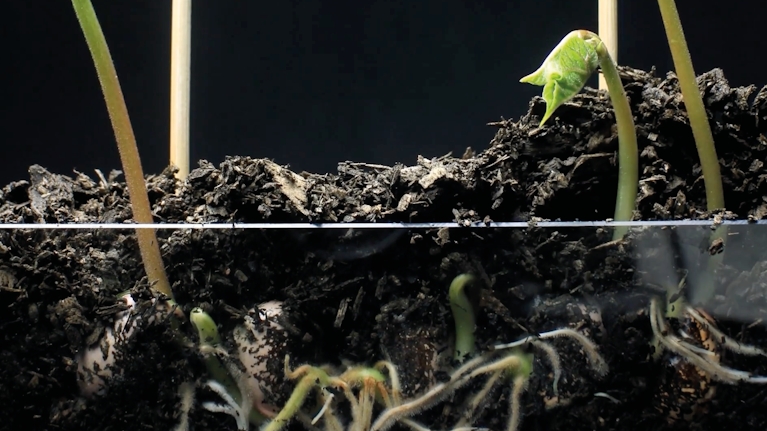Technology for sustainability: Plant microbiomes
Tags
Plant microbiomes are communities of microorganisms that inhabit various parts of a plant, including its leaves and roots. Microbiomes consist of different types of organisms like fungi, archaea, and bacteria. They help the plant adapt to the local environment, access nutrients and water, and increase its resistance to pests and disease.
The plant recruits its microbiome from the surrounding soil, irrigation water, airborne dust, other plants, as well as from agricultural inputs. Enhanced microbiomes enable soil to retain water, improve nutrient uptake and resilience, and promote carbon sequestration in the soil.

View the full series
In this collaborative video series with the UN Global Compact (UNGC), we aim to educate and empower viewers by showcasing how disruptive technologies can effectively drive impactful change towards achieving the UN Sustainable Development Goals.
Explore more









